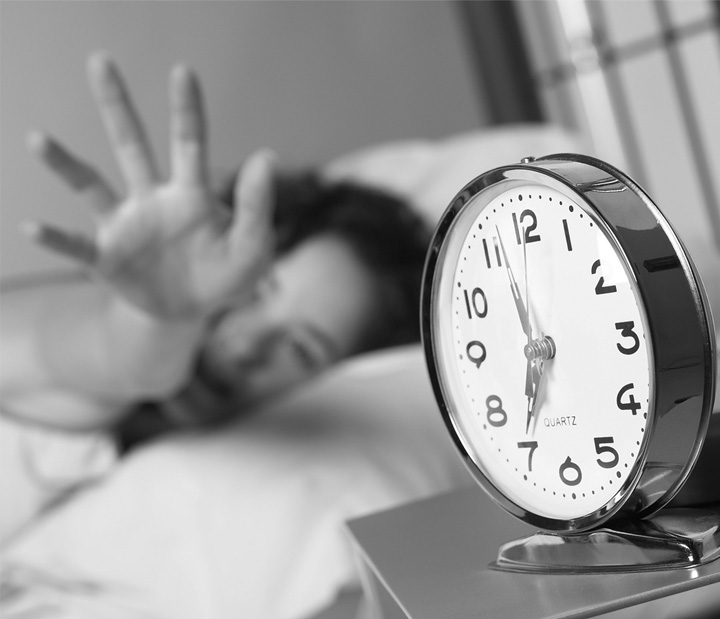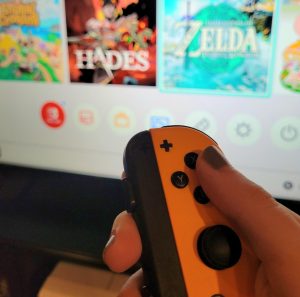Sleep Deprivation
January 9, 2019
If you ever walk into a high school, the main sentence you will hear as you roam the halls is “I’m tired.” Even if someone doesn’t say this phrase, their slouching shoulders and sluggish walk will indicate that they did not get enough sleep the night before, or any other nights before that.
According to the pediatric hospital Nationwide Children’s, a teenager needs nine hours of sleep. However, most teens only get seven. There are many factors to this deprivation, including a multitude of activities adding up.
“It is hard to balance time between family, taking care of pets and schoolwork,” junior Marissa Del Zingaro said. “Due to this, I tend to stay up late doing homework, causing me to get little or no sleep.”
Not only does sleep deprivation make people tired, it also affects their moods. With that comes changes in behavior.
“When I don’t get enough sleep, I get annoyed at my parents quicker and tend to snap at them more,” senior Shawn Hall said.
As well as school being a contributor to sleep deprivation, performance in class changes. The ability to pay attention and retain information decreases as one gets less and less sleep.
“A lot of times during last block when I am ready to go home, I will doze off and often miss some of what the teacher is saying,” sophomore Jessica Licciardone said.
Unfortunately, the stress of school usually causes teens to watch TV or scroll through Instagram right before going to bed, causing them to stay up later.
Whether it’s from staying up until 3 a.m. watching YouTube or pulling all-nighters to write an essay, sleep deprivation is majorly affecting teenagers and their brains.
“After I finish my homework, I need a little down time before I go to bed,” junior Elizabeth Fairfax said. “I usually do this by going on my phone.”







